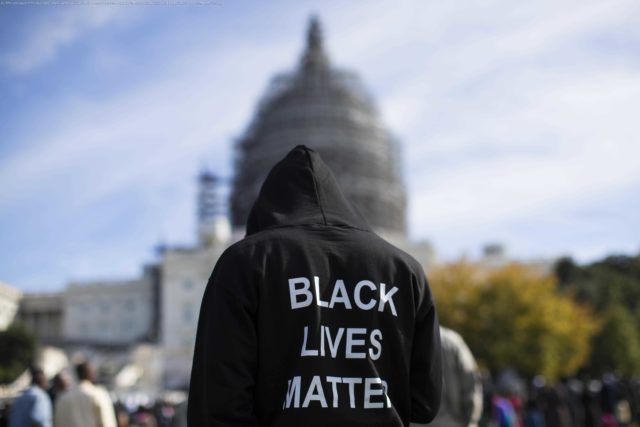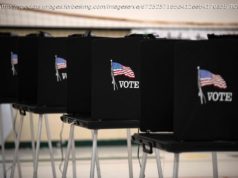Police brutality has become most visible manifestation of systemic racism, the outcomes of a system constructed to return disparate results for Americans of different races and …
Police brutality has become most visible manifestation of systemic racism, the outcomes of a system constructed to return disparate results for Americans of different races and ethnicities. That’s thanks, in part, to the proliferation of camera phones, which have made it impossible to ignore atrocities committed against black Americans like George Floyd.
Americans have taken to the streets in the millions in protest, and after more than a week of demonstrations that have spread to hundreds of communities, we’ve seen action: A law that would require police training in understanding implicit bias and how to de-escalate conflict sailed through the state Senate on a unanimous, bipartisan vote. A new de-escalation training center is set to open at Wayne State University in Detroit. Gov. Gretchen Whitmer has voiced support for laws that would require officers to intervene in acts of violence.
More: Despite settlement, Detroit literacy lawsuit heads back to court
More: I’m a plaintiff in Detroit literacy lawsuit. I hope Gov. Whitmer reads this.
These are vital first steps, and this work must continue.
But systemic racism neither begins nor ends with police brutality. So the cure cannot end there, either.
We have to talk about our schools.
Detroit activist Teferi Brent challenges white protesters to go deeper, asking: “Are you going to tell me a black life doesn’t mean something unless the police take it?”
When Michigan sends Detroit children, almost all of them black, into buildings that are sometimes literally falling apart, into classrooms too often staffed by substitute teachers, to be taught from books published in the last century, the people of this state and their elected leaders are telling those children their lives do not matter.






